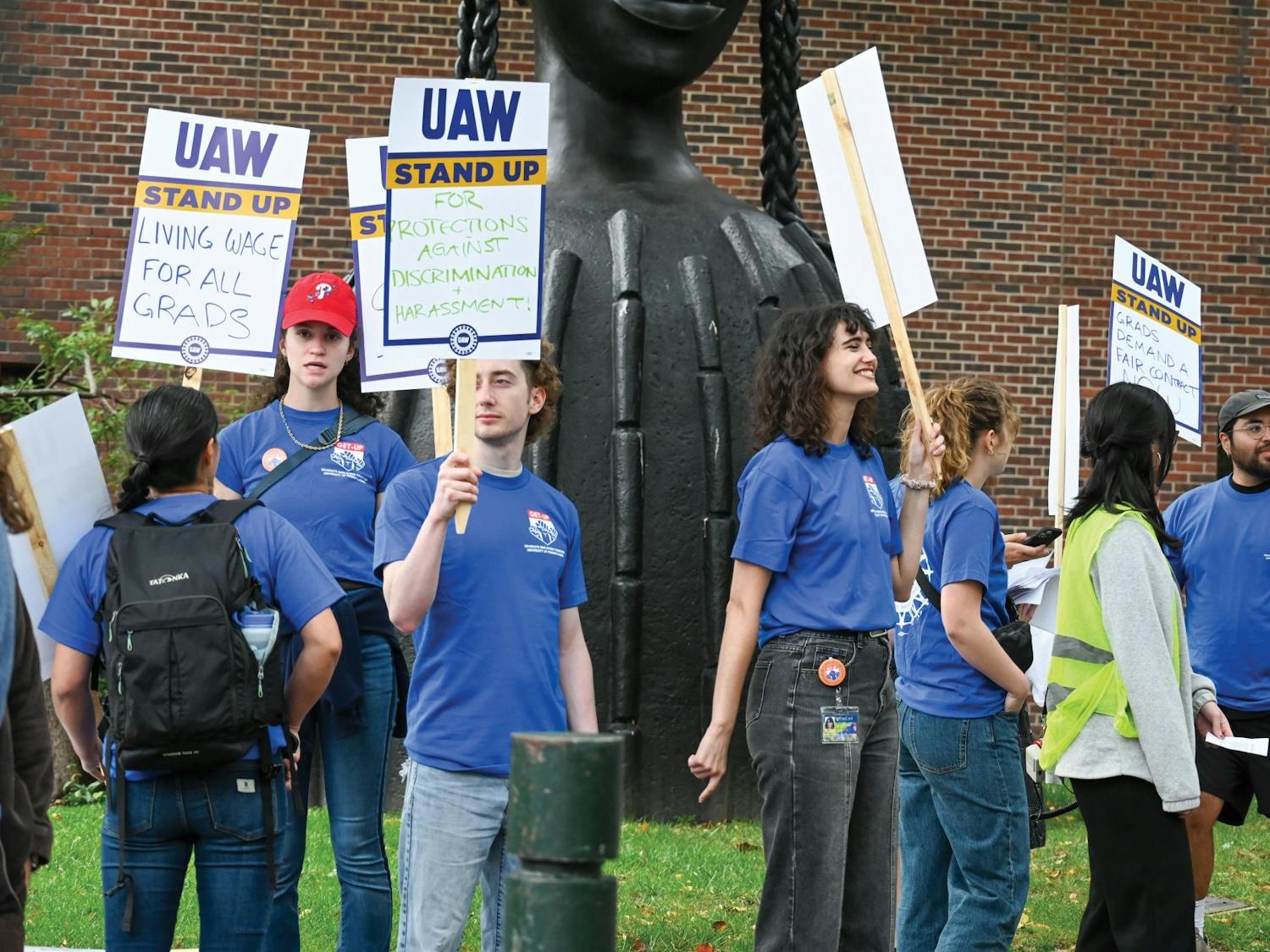June 22 was the anniversary of the German invasion of the Soviet Union. Like any criminal act, it started without a warning or discussion. The Allies, on the contrary, meant to support their just cause through effective and reasonable communication with the enemy. My grandfather, Captain Semion Iosifovich Drabkin, headed the decisive delegation to the resisting Germans, in order to negotiate the surrender of Stalingrad. He started in 1941 as a volunteer, leaving Moscow University, where he was a physics student. In 1941, he fought as a gunner at Smolensk, where retreating Napoleon's army was beaten by Russia in 1812. Now it was the Soviet army that was retreating, in deadly fights. One offensive was checked only at the walls of Moscow. It had to be turned back at Stalingrad, in the winter of 1942-1943. At the time, Captain Drabkin was an instructor for the work with the enemy in the 252nd Infantry Division. Employing his fluent German, he tried to convince enemy troops of the futility of their plight and prevent them from fighting whenever possible. Every new German prisoner-of-war meant a life spared -- and more Soviet lives saved. He also accomplished important intelligence missions, bringing POWs who provided information about the Germans. On January 27, 1943, Drabkin was called to the commander of the division and given this document, to be delivered to the Germans: MANDATE The bearer of this, Captain Drabkin and Senior Lieutenant Orlovsky are delegated by the Commander of the Army, Lieutenant General Chistiakov, to negotiate surrender of the Stalingrad group of the German Army. Conditions of the Surrender are stated in the attached Order of Surrender. Attachment: Order of Surrender. Commander of the 252nd Infantry Division Colonel Anisimov Chief of Staff of the Division Colonel Zaitsev January 27, 1943. Captain Drabkin had to be accompanied by Senior Lieutenant M. Orlovsky and Senior Sergeant Kudriavtsev. They left their personal documents and weapons behind. They had to go unarmed and enter the positions of the fighting Germans. During their crossing of the front lines, the Soviets ceased all fire for 40 minutes. They went in the darkness, under the white flag. The German lines were nearby. Drabkin stepped on the side of the enemy trench and ordered in German: "I am Soviet Captain Drabkin. Lead me to the duty officer." A guard answered in a hoarse voice: "Yes, Herr Captain. I'll call them now." A few minutes later, three figures appeared. Drabkin identified two officers and a bulky sergeant. Drabkin explained: "I am the Soviet truce envoy. I go to your high command with the conditions of surrender of your troops, to prevent futile bloodshed." "No envoys," shouted a young officer. "To hell with them! We have orders of General Schmidt not to enter any negotiations with the enemy!" "Bullet in the head to each, and that's it," agreed the sergeant, but the senior officer tamed them: "It's not our business. We'll bring them to the staff of the regiment. It will be decided there, what to do with them." He ordered the sergeant to blindfold Drabkin and his companions. The envoys went into the depth of the enemy positions, holding on to each other. The terrain consisted of ruins and trenches. They reached the staff of the German regiment. A Russian-speaking German colonel met them. saying he would relay the information to a higher-ranking general. They were led further into the German-occupied Stalingrad. This time, the envoys walked much farther. The destination was a deep bunker, made in a basement of a ruined building. Drabkin was directed deeper in the bunker; his companions were left in the basement, with many German soldiers and lower officers. Kudriavtsev handed out passes into captivity. Some Germans read them and asked: "Is it cold in Siberia, and do they have any sausage?" The envoys waited for a long time. Finally, the Colonel, who went to the headquarters, appeared. He handed Drabkin the package with the response of the German command. The Nazis had accepted the conditions of surrender of the German troops, and informed that all the divisions and troops will be given the corresponding orders by the morning of January 28, 1943. The same way, the delegation was led back to the front lines. They had to cross the front during the fight, as the 40 minute cease-fire expired. They reached their lines intact, but not all of the preceding groups were so lucky. Many of the envoys were shot by Germans in the back on their way home. On the morning of the 28th, long columns of disarmed German soldiers started to Volga. They were wretched remnants of the elite army, spared by a miracle in the flames and snow and ruins of Stalingrad. The tide of war turned back. It had to reach Berlin two years later. Captain Drabkin was decorated with the Order of the Red Banner. Were he not Jewish, he would have become a Hero of the Soviet Union. After that, he fought all the way to the great victory. He liberated many cities on his road to Berlin, including Poltava, a Ukrainian city already with its place in history. At Poltava, Peter the Great of Russia defeated Karl XII of Sweden, which ended the aggressive reign of the Swedish king and put the end to Sweden's imperial ambitions. The victory also put Russia on the map of the world as the new European power. In World War II, Poltava was liberated by a single officer: my grandfather. Armed only with his propaganda speaker car, he drove into the occupied city and caused panic by reproducing sounds of caterpillar tanks rolling, and speaking in a loud voice, "We're coming! The Soviet Army is coming!" This act, unique in the history of war, liberated the town without any losses nor ruins. It shows how resolve for peace, empowered by ingenuity and bravery, can succeed. After the German unconditional surrender, Lt. Colonel Drabkin took part in defeating the Japanese Kwangtong Army and liberating Manchuria. After the war, he served on the Allied Control Commission, which helped the Germans in their transition to peace and de-Nazification. My family keeps the decorations and military records of Semion Drabkin. His heroic acts are presented in the Museum of the Soviet Army in Moscow, and the Poltava accomplishment is portrayed in novels. My grandfather continued his scientific career after restoring peace in Germany. He passed away in 1994.
The Daily Pennsylvanian is an independent, student-run newspaper. Please consider making a donation to support the coverage that shapes the University. Your generosity ensures a future of strong journalism at Penn.
Donate







